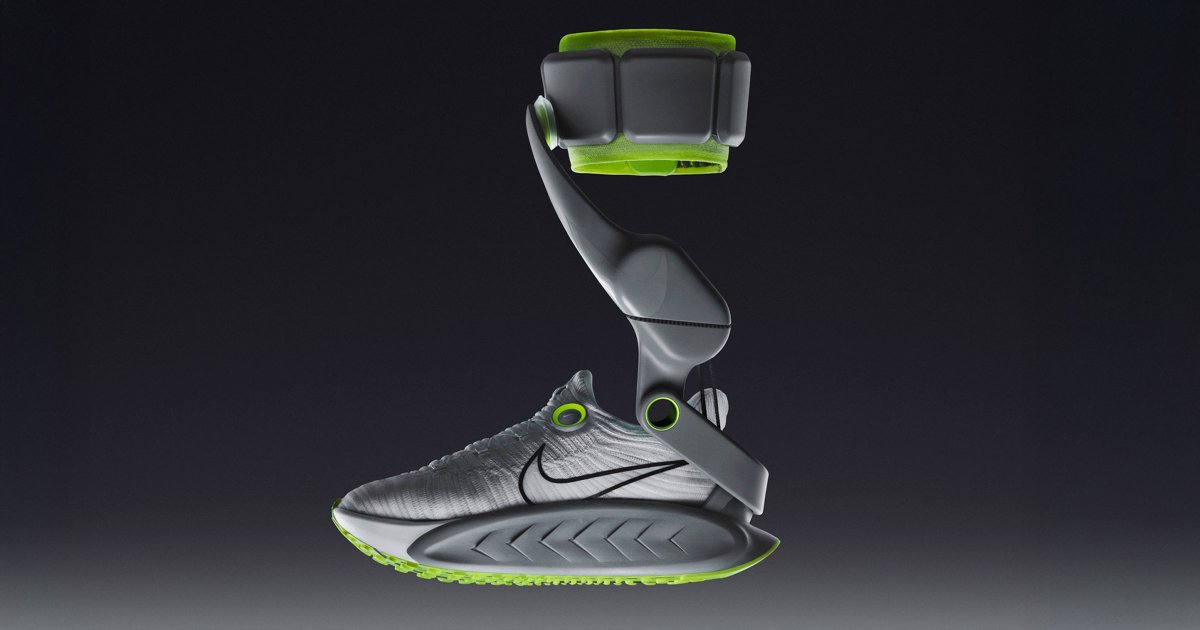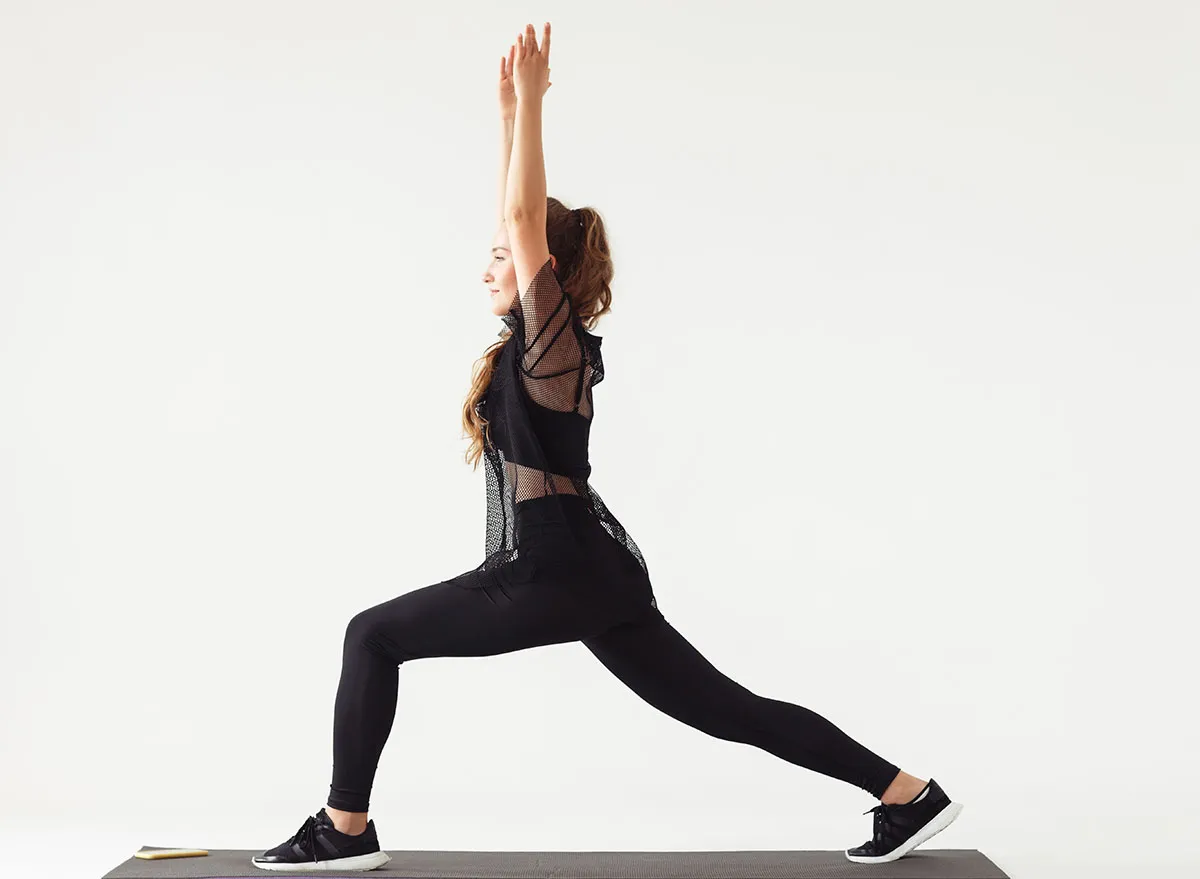Winter used to feel like a test of endurance: grey skies, late trains, and that heavy hush that drops at 4pm. This year, something else is happening. From kitchen tables to therapy rooms and group chats, people are swapping grind-for-grit and chasing steadiness over perfection. The question isn’t “How do I get through it?” anymore. It’s “How do I come out stronger?”
The bus doors slide open and a gust of air smelling faintly of rain pushes in. A woman in a navy coat taps her Oyster, eyes half on the platform clock, half on the text from her sister: “How are you holding up?” At the coffee stand, the barista’s radio hums a slow song, and everyone looks softer under the yellow light. You can almost hear the collective exhale as January settles into routine. We’ve all had that moment when the cold nudges your thoughts into a smaller room and you wonder if your spark got left on a brighter day. What if winter wasn’t the villain?
Nervous system care is the new winter fitness
The phrase slipping into everyday talk right now is simple: take care of your nervous system. Not fancy, not flashy, just **winter pacing** in a world that loves the sprint. People are noticing that their mood tracks the basics: light, sleep, warmth, and the tone of their days. Instead of punishing workouts and bulletproof routines, the trend is to create an environment your body recognises as safe. Think morning light, quiet inputs, soft starts. It looks like health, but it feels like home.
Jamal, 34, works hybrid in Manchester and calls it his “calm plan.” He walks to the corner shop at 8:30am just to catch daylight on his face, then answers emails standing near the window. He keeps a wool jumper on the back of his chair and lines up lo-fi playlists for the 4pm dip. Google Trends shows searches for “light therapy” spiking every January, and TikTok keeps surfacing “somatic drills” with millions of views. Jamal swears it isn’t new-age. “It’s just making my body less jumpy,” he laughs, blowing on tea as the kettle clicks again.
Why does this work? Light early in the day nudges your internal clock to stay in rhythm, so energy arrives when you need it and rest lands where it belongs. Warmth, soft sound, and clear edges around work tell your brain, “You’re not in danger,” so it dials down the background alarm. When that hum quiets, emotions get less jagged and choices get kinder. It’s not about hacking biology. It’s about sending steady, repeated “you’re safe” signals, until the winter no longer feels like a fight you’re losing.
Micro-habits that actually stick when it’s freezing
Try the “10-before-10” ritual. It’s a single, precise action: spend ten minutes outside before 10am, eyes off your phone, even if it’s grey. No steps target, no perfect park, no Lycra. Just face the sky, breathe slowly, and feel your jaw unclench. If it’s bucketing down, stand by the brightest window you can find. Build a tiny cue you can’t ignore — keys on the windowsill, hat by the kettle — and treat it like brushing your teeth. Small, automatic, done.
Common mistake: turning a winter reset into an Olympic sport. You draw a 30-step routine and crash by day three, then blame yourself for being human. Go smaller. Two minutes of movement while the toast browns. Three lines of journalling on a sticky note. One call to a friend on your walk home. Let’s be honest: no one really does that every day. Aim for “four days out of seven” and call the wins what they are — **micro-joys** that stack. You’ll notice it on the days you don’t do them. That’s the point.
Here’s how one therapist framed it to me — think tone, not trophies. Start light, keep it repeatable, and build warmth into the bones of your day.
“Winter isn’t asking you to be stronger. It’s asking you to be steadier. Choose rituals that make your body feel safe, and your mind will follow.”
- Use “first light, first sip”: step into daylight with your first coffee or tea.
- Make “two-sentence journal” your rule: one feeling, one next step.
- Find **gentle accountability**: a friend, a Slack check-in, or a calendar emoji.
- Keep a “warm kit”: hat, gloves, hand-warmer by the door for no-excuse minutes outside.
- Lower noise: one news check at lunch, mute all but three chats till 10am.
Connection, meaning, and the soft social reboot
Winter 2025 isn’t just about you and your morning light. The deeper trend is tiny, dependable togetherness. Micro-gatherings over grand plans. Soup clubs where neighbours rotate one pan a week. Body-doubling Zooms where cameras are half-off and productivity is caught, not forced. A monthly “bring one thing you baked” circle where nobody judges the supermarket brownies. These are small acts with a big echo: they cut through the lonely hum that grows when days are short. If you’re carrying a heavy season, you don’t need another performance. You need a place to stand, with someone next to you, where your phone can stay face down and your shoulders drop two inches. Call it *quiet ambition*: less proving, more belonging.
| Key points | Details | Interest for reader |
|---|---|---|
| Nervous system care | Light early, warmth cues, softer starts | Feel calmer and steadier within days |
| Micro-habits that stick | “10-before-10”, two-sentence journalling, tiny movement | Low effort, high return, easy to repeat |
| Soft social reboot | Micro-gatherings, body-doubling, soup clubs | Reduce loneliness and build real resilience |
FAQ :
- What’s one thing I can start this week?Do “10-before-10” every weekday. Ten minutes of daylight before 10am — outside if possible, window if not. It’s simple and sets your day’s tone.
- I work nights — does this still apply?Shift the light rule to your wake-up time. Get bright light soon after you rise, keep evenings dim, and anchor one tiny ritual at the same point in your shift.
- How do I stop doomscrolling first thing?Move social apps to the second screen and put a single photo widget by your alarm. Open the front door for a breath before you open a feed.
- What if I hate group stuff?Choose low-key connection: a body-doubling call with one mate, a quiet library hour, or a monthly swap of playlists. Belonging can be quiet.
- Is this a replacement for therapy or meds?No. These trends support wellbeing but aren’t treatment. If you’re struggling, speak to a professional or your GP and use these as kind add-ons.
Source link


